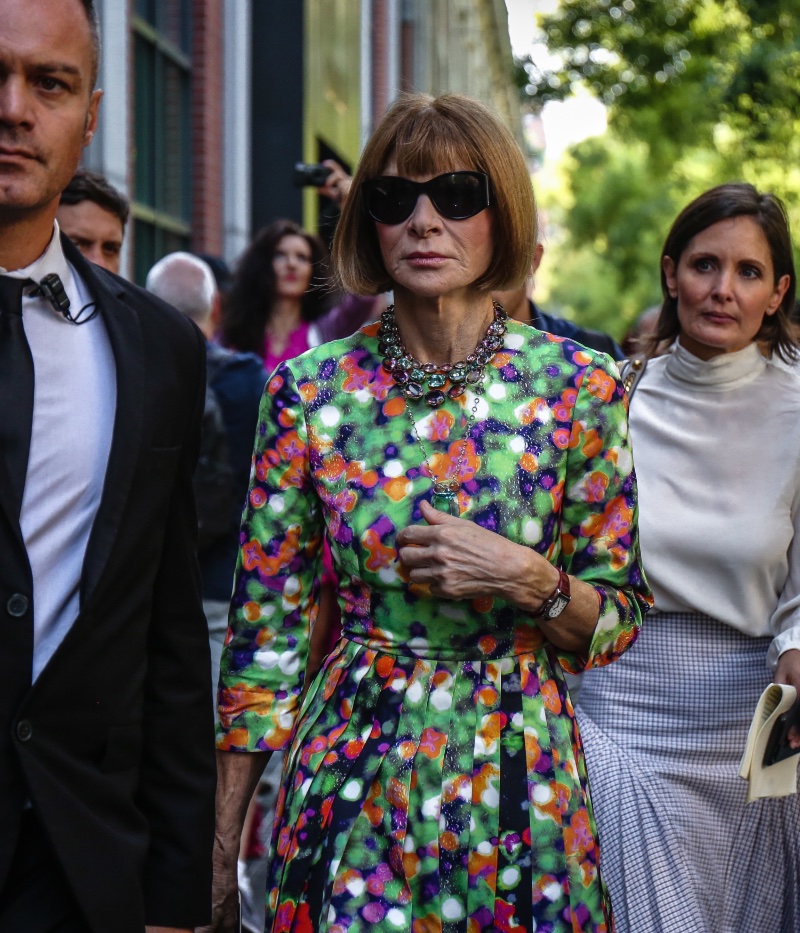
In the recent episode of Nordstrom’s style podcast, The Nordy Pod, audiences were offered a deep dive into fashion, featuring host Pete Nordstrom with Anna Wintour and Will Welch, the global editorial directors of Vogue and GQ, respectively.
The Modern Role of Fashion Creative Directors
A highlight of the discussion was Welch’s views on the shifting role of the creative director in today’s fashion houses. Welch pointed out that there’s a unique blend of visionary leadership in the industry. There are those with a traditional fashion background, skilled in pattern cutting, sewing, and leading an atelier.
In contrast, there are creative directors from a broader perspective, focusing more on energy and culture rather than the detailed aspects of garment design. Welch suggests that “This mix is right for our time,” providing a keen observation of the industry’s flexibility in accommodating diverse creative approaches.

Nurturing Fresh Fashion Designers
Welch didn’t shy away from discussing the formidable hurdles that young, emerging designers face in the fashion business. While these new talents can create a lot of initial excitement, sustaining a business and carving out a solid brand identity is the real challenge.
As Welch succinctly puts it, “It’s that second stage where you have to establish a real business and continue it where the designers who we believe in and that we help launch, I think it’s important that we stick with them,” emphasizing the industry’s responsibility in nurturing their growth.

The Search for Bonding
Adding another dimension to the conversation, Anna Wintour, the influential figure behind Vogue, discussed the growing bond between retailers and their audience’s values. Today’s consumers want a deeper connection with the brands they patronize—not just in terms of style but shared values, with an increasing focus on climate awareness and sustainability. Wintour mentioned, “More and more, we see our audiences today; they want to be connected to a title, a store, a designer who shares their values.”
Concluding the discussion, Welch brought into focus the enduring significance of physical retail spaces, even in this digital age. Brick-and-mortar stores provide a sense of community, a place for people to gather and connect, which is particularly valuable in these times of increased digital interactions. In Welch’s words, “So many of us are looking for community and looking for places to gather. And you guys have that where you can bring people from all different walks that all connect around what you do.”





